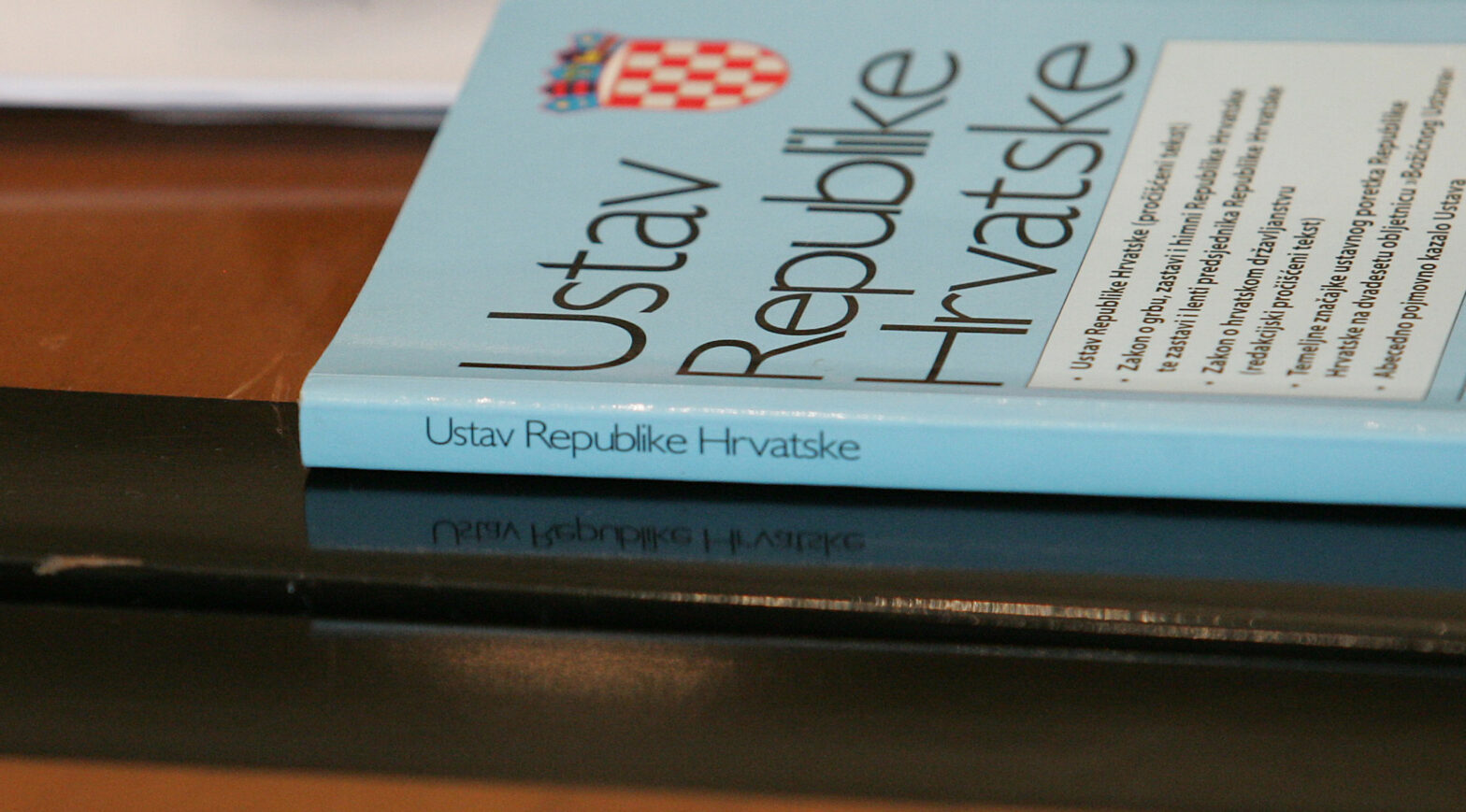Union federations and nongovernmental organisations on Wednesday presented a proposal of constitutional and legislative amendments to launch and conduct a civil referendum which would facilitate referendums by specifying what questions cannot be decided on and ensuring transparency of financing and media coverage.
The condition to conduct a referendum would be the collection of signatures of five percent of the electorate at the state level, as well as on local and regional self-government levels, over a period of 45 days, the unions and NGOs said.
The places where signatures would not be allowed to be collected would also be defined, as would penalties for unacceptable pressure on citizens to sign an initiative. Signatures should not be collected on premises of state institutions because this could be considered discriminatory.
Referendum questions should exclude matters that jeopardise the highest values of the constitutional order, national security and defence, or that directly refer to the budget and taxes. Referendums should not be allowed for obligations stemming from international agreements or appointments within parliament’s remit.
The unions and NGOs propose that the Constitutional Court assesses the constitutionality of the referendum question within 30 days of the first 10,000 signatures being collected.
A referendum decision would be valid if the majority of voters at the polls vote for it, provided that this majority forms at least 50% plus one vote of the total number of voters for constitutional amendments, 35% plus one vote to amend organic laws, and 25% plus one vote of to amend legislation, for local referendums and other questions.
A decision made at a referendum can only be changed with a new referendum decision, which would motivate authorities to involve citizens in decision making if their political programmes deviate from certain referendum decisions. The unions and NGOs also propose that a new Referendum Act be adopted immediately after amendments have been made to the Constitution which would regulate technical matters vital to ensure transparency in referendum procedures.
The ‘In the Name of the Family’ initiative has shown several loopholes in the system and political elites are ready to discuss how to involve citizens in decision making more appropriately. Referendums are a valuable corrective for the bad decisions by the ruling class and should be a latent threat if decisions are made that are not in public interest, the unions and NGOs said.
We do not believe that referendums should be held every day but we do not wish to see 700,000 signatures collected only for the Constitutional Court to decide to quash the referendum, they said.
